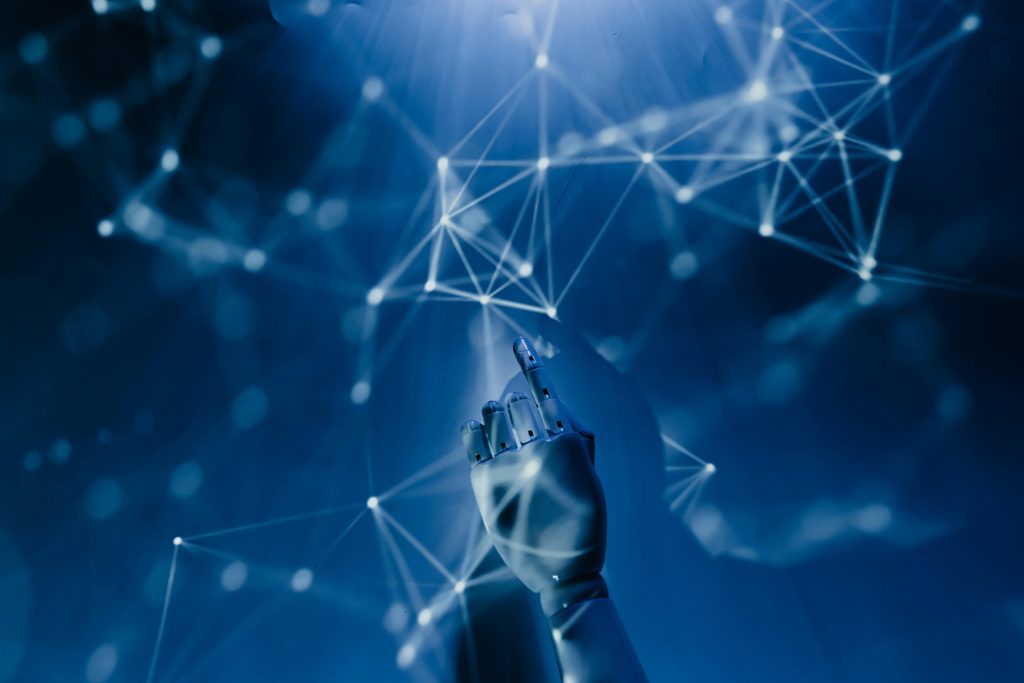Picture the traditional path of bringing a new medicine to life: researchers spend years in labs experimenting with countless chemical compounds, testing them in animal models, and then navigating the lengthy and expensive clinical trial process. It is a road paved with frustration as much as with hope. On average, it takes over a decade and billions of dollars to shepherd a single drug from concept to pharmacy shelves, and yet the vast majority of candidate compounds never even make it that far. For patients waiting on new treatments—especially for diseases with no effective therapies—this sluggish process can feel devastatingly slow. Now, artificial intelligence is stepping in to turn the model on its head. By rapidly analyzing immense datasets, predicting molecular interactions, and identifying promising drug candidates in record time, AI is offering a vision of medical research that is faster, smarter, and potentially more equitable. Far from replacing scientists, AI is becoming a kind of supercharged lab partner, giving researchers sharper insights and freeing them to focus on the most promising discoveries. From oncology to rare diseases, biotech companies are already applying these technologies to speed up development pipelines, and the early results suggest that the future of medicine may be as much about algorithms as it is about test tubes.

Why Traditional Drug Discovery Is So Painful
The conventional process of drug discovery has always been notoriously slow and expensive. Researchers may spend years identifying a compound that looks promising in a test tube, only to see it fail in animal studies or crash during human trials. Clinical testing alone is a marathon, requiring meticulous safety evaluations, countless patient volunteers, and layer upon layer of regulatory approval. Out of thousands of compounds investigated, only a tiny fraction ever becomes a marketable drug. This inefficiency doesn’t just cost pharmaceutical companies money—it costs patients valuable time, especially those battling conditions like aggressive cancers or rare genetic diseases where every month matters. AI promises to change this by helping researchers focus on the right candidates sooner and by reducing the guesswork that has long plagued the field.
Accelerating the Search With Algorithms
Where humans would need years to sift through chemical libraries and predict molecular behavior, AI can scan millions of compounds in mere hours. Machine learning models, trained on enormous datasets of biological interactions, can predict how a molecule might bind to a protein, whether it is likely to cross the blood-brain barrier, or how it might metabolize inside the body. These predictions don’t eliminate the need for lab experiments, but they dramatically reduce the pool of candidates that require costly and time-consuming testing. A task once compared to finding a needle in a haystack is now more like finding a magnetized needle with the help of a strong magnet—suddenly the impossible feels possible. This acceleration doesn’t just save money; it also opens the door to exploring therapies for diseases that were once considered too risky or too unprofitable to pursue.
From Theory to Tangible Progress
Skeptics once dismissed AI-driven drug discovery as futuristic hype, but the results are becoming increasingly hard to ignore. In 2020, Exscientia and Sumitomo Dainippon Pharma announced the first AI-designed drug to enter human clinical trials, a milestone that drew global attention. Since then, other biotech firms have built pipelines where algorithms generate candidate molecules, which are then validated and refined by human scientists. Some of these AI-assisted compounds have already advanced into mid-stage clinical trials, signaling that the technology is not just theoretical but practical. The fact that drugs can move from concept to patient testing in a fraction of the traditional timeline is already reshaping industry expectations and fueling a wave of investment in AI-first biotech startups.
The Human Role Remains Central
Despite the rapid advances, AI is not a replacement for human expertise. Algorithms can analyze vast quantities of data and suggest candidates, but they cannot fully grasp context, patient diversity, or ethical considerations. Scientists remain essential for validating AI predictions, designing experiments, interpreting results, and ensuring safety at every stage. In many labs, AI functions less like an oracle and more like an incredibly powerful assistant—sorting through noise, flagging potential opportunities, and letting researchers focus on the most critical questions. The human judgment that decides whether a drug is safe or effective will never be automated away. Instead, the relationship is symbiotic: AI sharpens the tools, while humans apply wisdom and care.
Risks, Biases, and Ethical Hurdles
With every technological leap comes a new set of challenges. AI systems are only as good as the data they are trained on, and biomedical datasets often reflect biases. If certain populations are underrepresented in training data, predictions may not hold true for all patients, raising serious equity concerns. There are also worries about intellectual property—who owns an AI-designed molecule, the company that built the algorithm or the lab that tested it? Regulators are still catching up, trying to balance the promise of speed with the obligation to ensure safety and fairness. The possibility of overlooked side effects, or even unexpected toxicities, remains a constant reminder that faster is not always safer. Medicine cannot afford shortcuts, and the ethical responsibility of deploying AI in healthcare is as heavy as the technology is promising.
A Future of Collaboration Between Code and Care
Looking ahead, many experts predict that within the next decade, AI-designed drugs will no longer be seen as novelties but as standard components of the pharmaceutical pipeline. Instead of replacing traditional methods, AI will integrate into every step, from early discovery to clinical trial design and even personalized medicine. For patients, this could mean faster access to life-saving therapies, treatments tailored to their genetic profiles, and more affordable drugs thanks to lower development costs. For scientists, it represents a shift in focus—from laborious trial and error to higher-level problem-solving. The story of medicine is slowly being rewritten, not by eliminating the human element but by amplifying it with digital intelligence.
